Theme Festival - Documentary Television

Clive Whittingham examines what’s trending in documentaries, whether Covid-themed projects are in or out and what the big concerns are for distributors heading into 2021.
Once the doyen of independent cinemas, film festivals and premium US cablenets, documentaries have been having a bit of a moment for a while now since Netflix reawakened broadcasters to their popularity. Linear channels and streamers alike have been rushing to snap up the high-profile projects, such as Knock Down The House and Leaving Neverland, often paying big money into the bargain.
With the Covid-19 outbreak have come fresh challenges but also new trends. Stefanie Fischer, MD of sales at European producer and distributor Off The Fence, was one of several distribution executives who told us that “upbeat projects that offer escapism” are in high demand at the moment. “We get a lot of feedback about needing positive, lighter docs, nothing too hard at the moment,” she says. “There is also interest in sustainability and nutrition.”
That’s echoed by Edel Edwards, head of sales at the distribution arm of Irish pubcaster RTÉ, who says: “Feelgood, light-hearted, escapist and comforting programming is in demand as well as a lot of self-care and wellness content. Audiences are becoming more conscious of the environment they live in and wellbeing.”
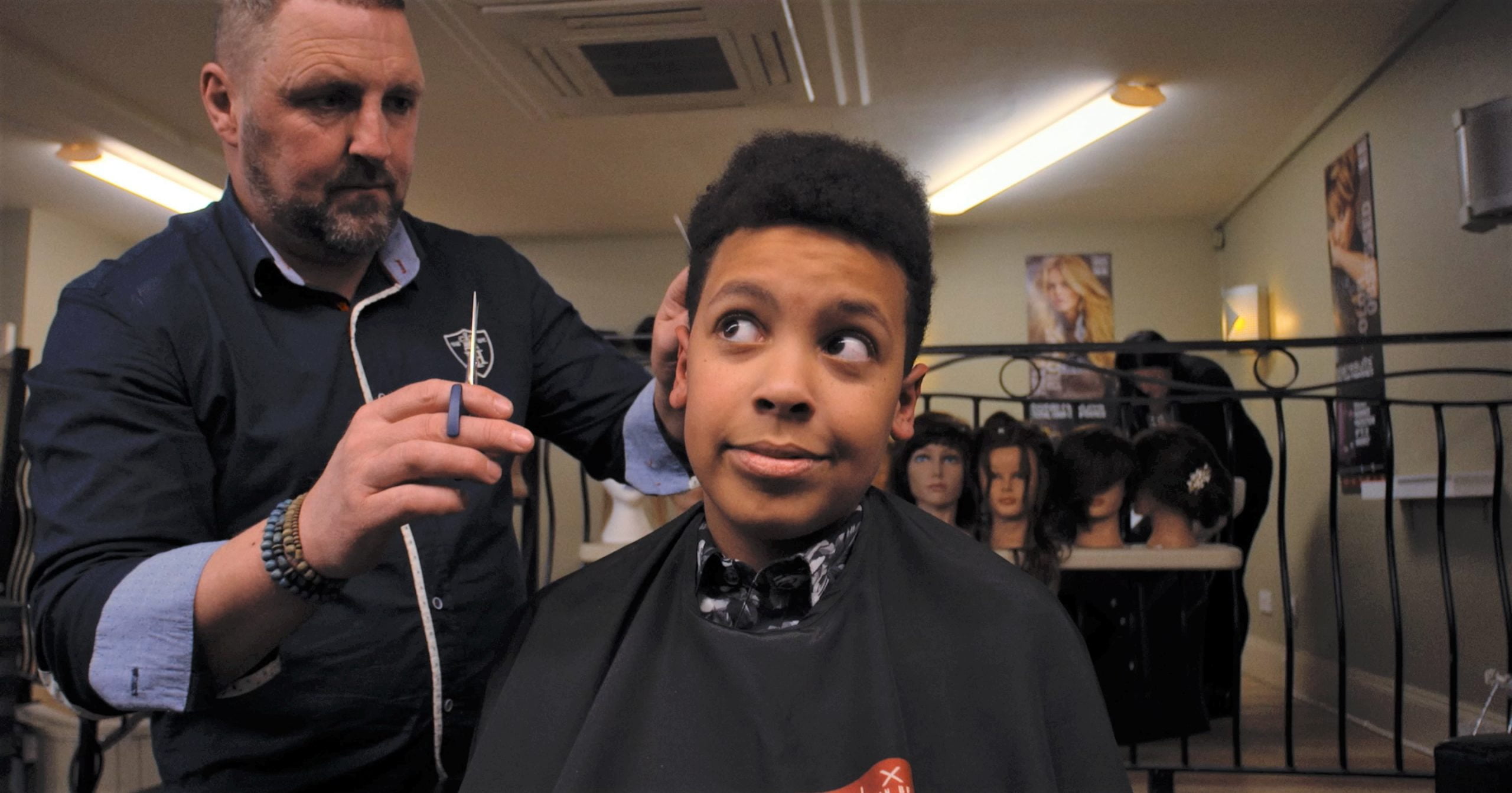
To that end, Edwards recently added Abbeyfealegood to her slate, a 1×60’ doc from the makers of Older Than Ireland and The Irish Pub about an Irish town with a population under 2,000 which nevertheless boasts 16 hairdressers and barbers.
Cleo Veger, sales manager at London-based Dogwoof, has also seen the escapism trend but also believes the time is right for “inspirational stories” and adds that buyers are “looking for content relating to Black Lives Matters and everything going on around that movement. Some broadcasters want more current-focused projects, others more historic, but there’s certainly a trend towards getting more diverse voices into the mix, which is great to see.”
Dogwoof is shopping I Am Greta, a 1×97’ exploration into the rise of eco-activist Greta Thunberg, a Hulu Original Film coproduced with pubcasters WDR in Germany, the BBC in the UK and SVT in Sweden. Off The Fence, meanwhile, has conservation film America’s Arctic: A Refuge in Peril from WDR and presidential election doc America’s 2020 from Franco-German cultural broadcaster Arte on its slate to fit into the trend for big current affairs docs that don’t fixate on the coronavirus pandemic.
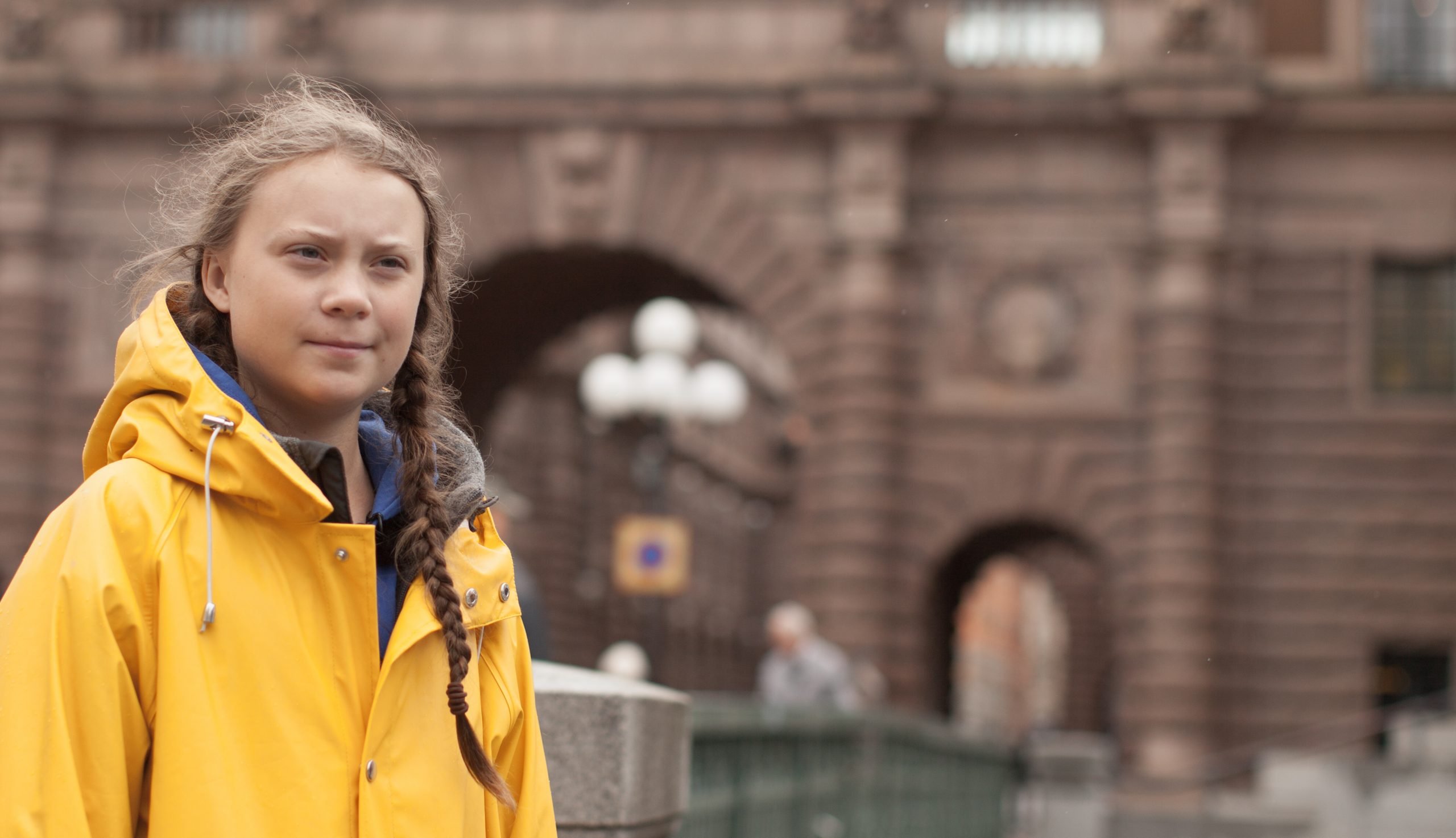
Broadcasters have found huge holes opening up in their schedules as productions fall over, while at the same time an ad market crash has reduced their budgets. This has meant repeats and pick-ups of classic tape with few rights issues have become popular. Channel 4 in the UK lost 800 hours and £160m (US$212m) from its content budget at the same time and swiftly picked up back catalogues of Scrubs and Buffy the Vampire Slayer, while rival Channel 5 is re-running The Golden Girls.
While plugging the gaps that way has not resulted in the big boom and golden age for distributors that was tipped at the start of the pandemic, it has opened up possibilities for sister factual programming, according to Bethan Corney, MD of Bristol-based distributor and copro fixer Silverlining, which is shopping 1×60’ Channel 5 project Inside The Mind of Agatha Christie.
“It’s a time when channels have been repeating family- friendly dramas and we’ve had a big uptake on Inside The Mind of Agatha Christie, because although the buyers are relying on re-runs, they’re also looking for something fresh to compliment that drama output, Corney says.
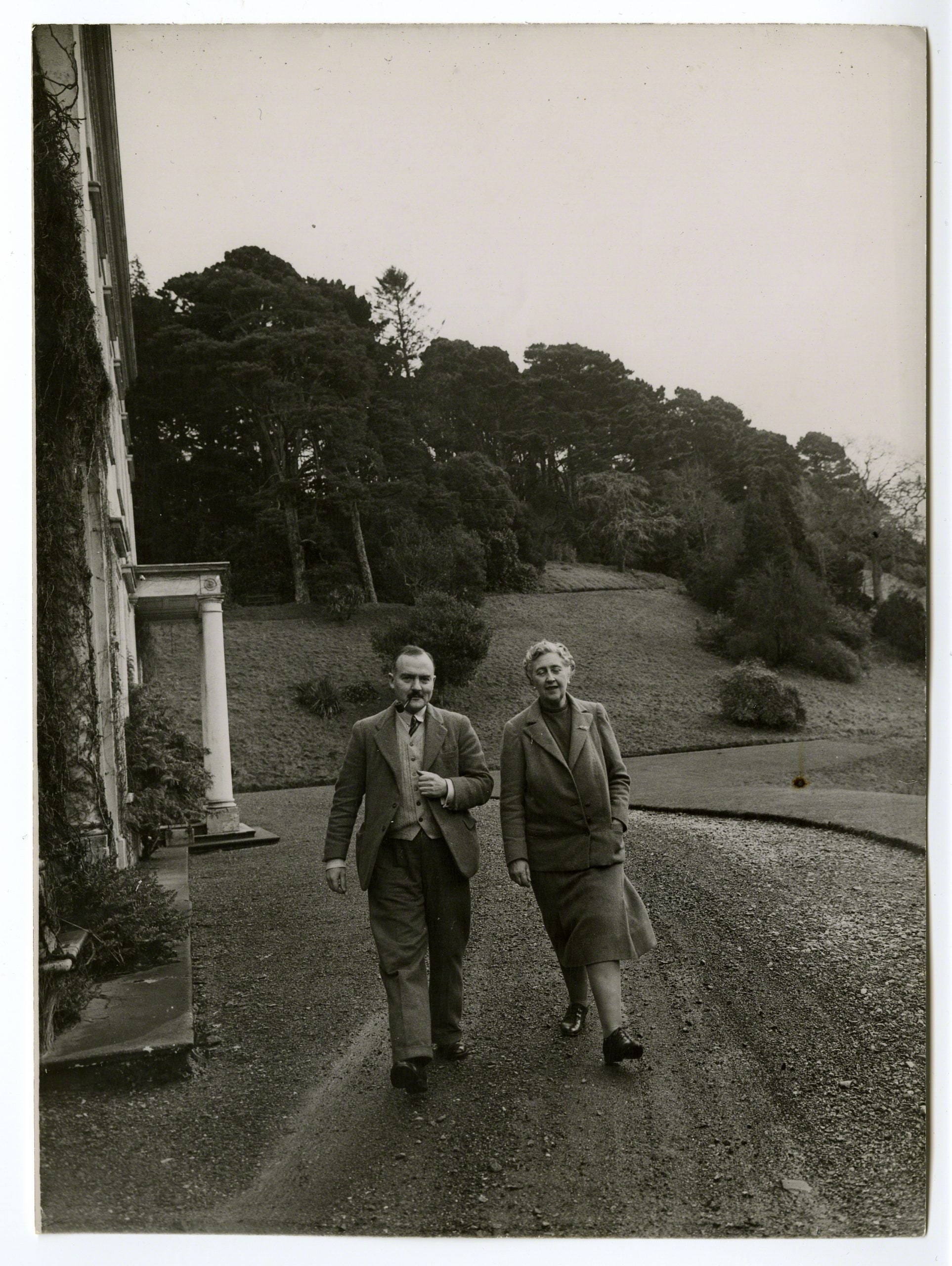
The other trend Corney has spotted relates to the coproduction side of her business, where the ability to provide fresh new content to a broadcaster in return for just a small portion of the overall cost of the programme could be very attractive in these straightened times.
“We’ve doubled our turnover already this year and hope to triple it by the end of 2020,” Corney says. “It’s not only broadcasters being desperate for finished tape but also our ability to raise finance for projects. If a channel can put £50,000 in and get a completed original that looks a million dollars, that’s perfect for them at the moment. Even if broadcasters have limited budgets you can still pull something glossy together through a traditional copro.”
Strangely, given its affect on the world at the moment, projects about the Covid-19 pandemic specifically are receiving a lukewarm reception from buyers. While there are commissioners, such as SVT’s Axel Arno, open to pitches in that area, the sales folk we spoke to said they were finding coronavirus a tough sell, and amidst a market not only flooded with docs but also news and current affairs output on the topic, it needs to be something unique to stand out.
Karen Young, founder and CEO of UK distributor Orange Smarty, says: “If it’s a good, fact-based, science piece, high-end with big contributors and saying something new, then yes, it can cut through. But if it’s another lockdown programme or very parochial then it’s a tough sell. It’s bad enough living in your own Covid world without looking in on somebody’s else’s.
“When we talk to production companies early in the process we’re saying, ‘Nothing Covid-related.’ Covid-safe, of course, but no references or illusions to Covid at all. I liken it to 9/11, where you watch a programme filmed in New York City and you see the Twin Towers it dates it immediately.”
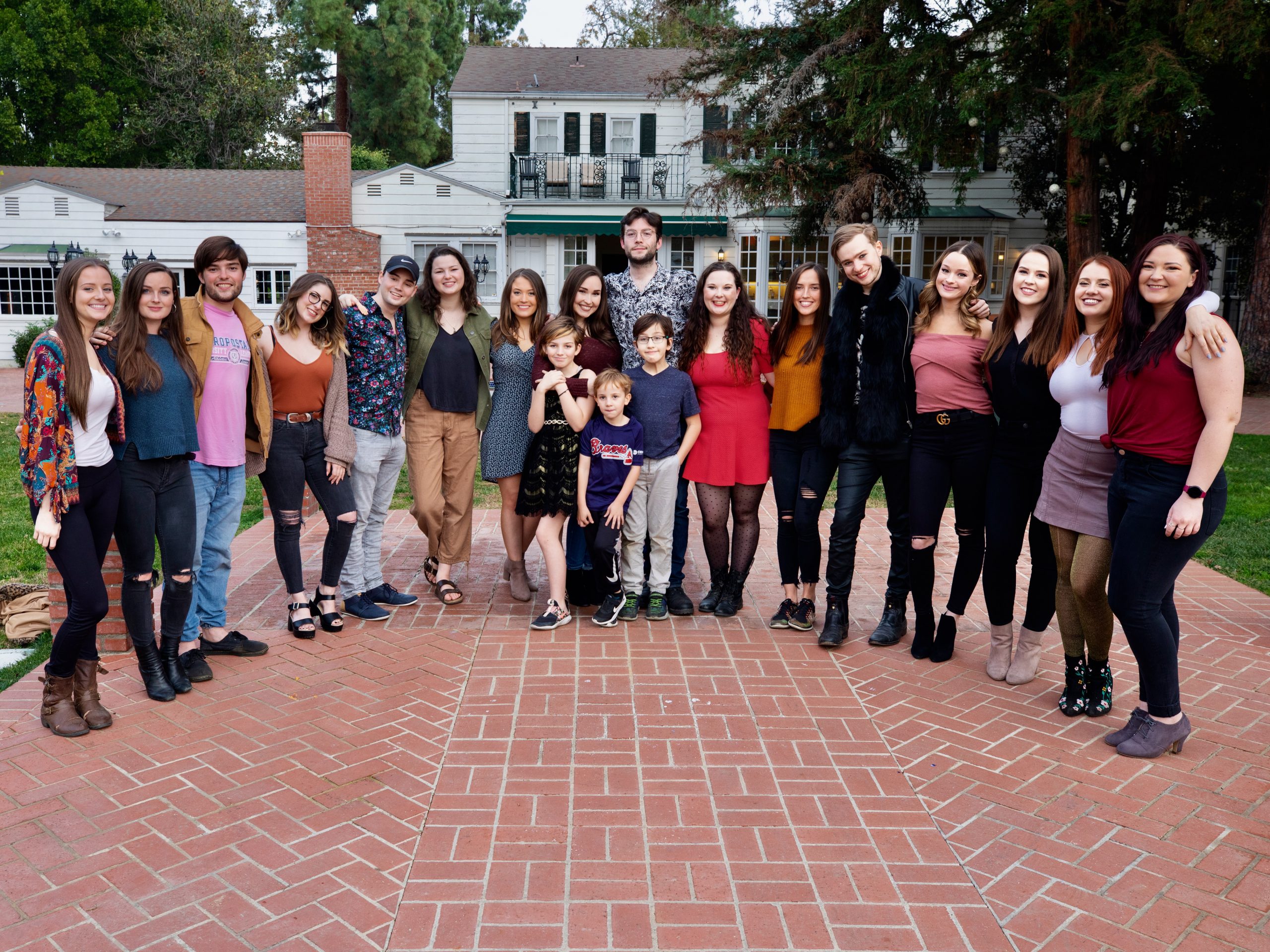
The Orange Smarty slate is currently firmly focused on the escapism and extraordinary stories trends, with sperm donor-themed 25 Siblings & Me and royal doc Harry and Meghan: New Revelations on the back of their recent book publication.
“Royal programming is doing really well; channels buy it and it’s an audience-bringer,” Young says. “Internationally, some channels prefer the older, more traditional royals and others prefer the younger royals, but with this one the book is universal and gaining a lot of profile.”
Corney at Silverlining largely agrees. “There has been a trend for Covid docs but it has to be something that can’t be generated locally in the respective territories through their own news and current affairs output.” Quick-turnaround Sex In Lockdown pulled 1.4 million viewers and a 6% audience share to Channel 4, its highest for a doc in that slot since 2017, and is on the Silverlining slate. “That’s relevant, mischievous and fun, a bit of a departure from the hardcore news cycle,” Corney says.
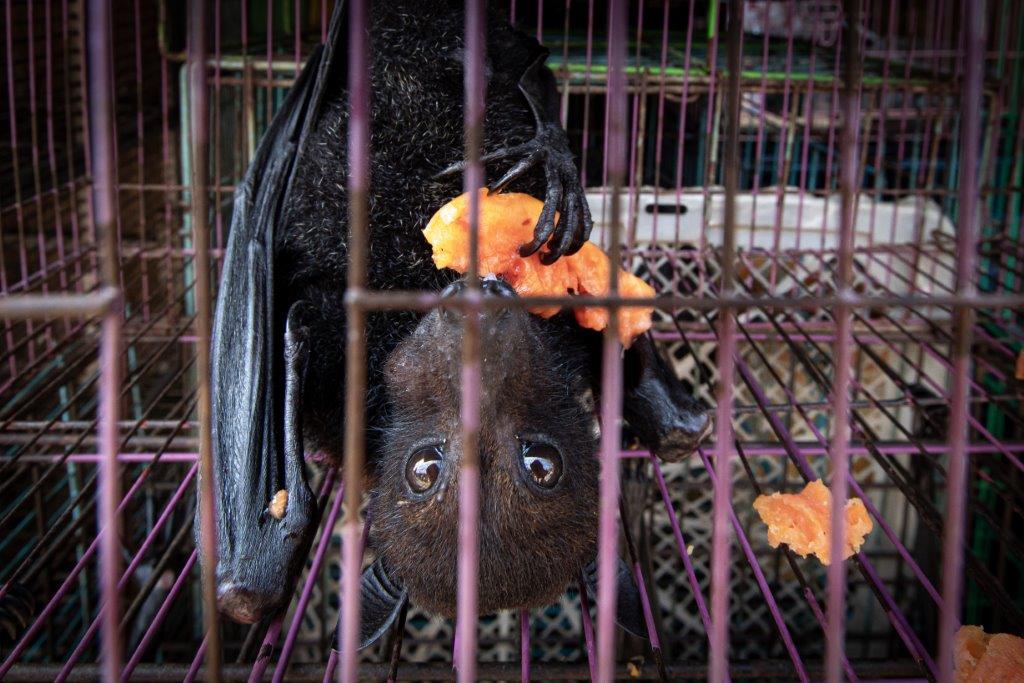
“It peaked at the beginning with a flurry of docs and a scramble for the best ones, then there was a plateau when there was so much in the news cycle it became too depressing. I think there will be another peak leading up to the anniversary of the first cases in December and January. Broadcasters will want anniversary programming and the fight will be for the ones with high production values and rigorous science that sets it apart from what the current affairs programmes are turning out.”
Off The Fence is trying its luck with Corona: The Pandemic & the Pangolin (1×60’) from Austrian producer Terra Mater, which looks at the wildlife side of the disease and the Chinese trade in wild animals for food that is said to have caused it as a new angle on the topic. “It combines the pandemic and wildlife conservations issues, which makes it different,” says Fischer. “But in general, we do notice people telling us not to come with corona projects – they’ve had enough.”
Edwards at RTÉ says the Irish pubcaster has been well covered by its own in-house docs, such as Inside Ireland’s Covid Battle, and for new content to cut through it would have to resonate with each audience in each specific territory. “Generally, there is fatigue about it; people have enough doom and gloom in their own territory without seeing what’s going on elsewhere, unless it’s something extreme and extraordinary,” she says.
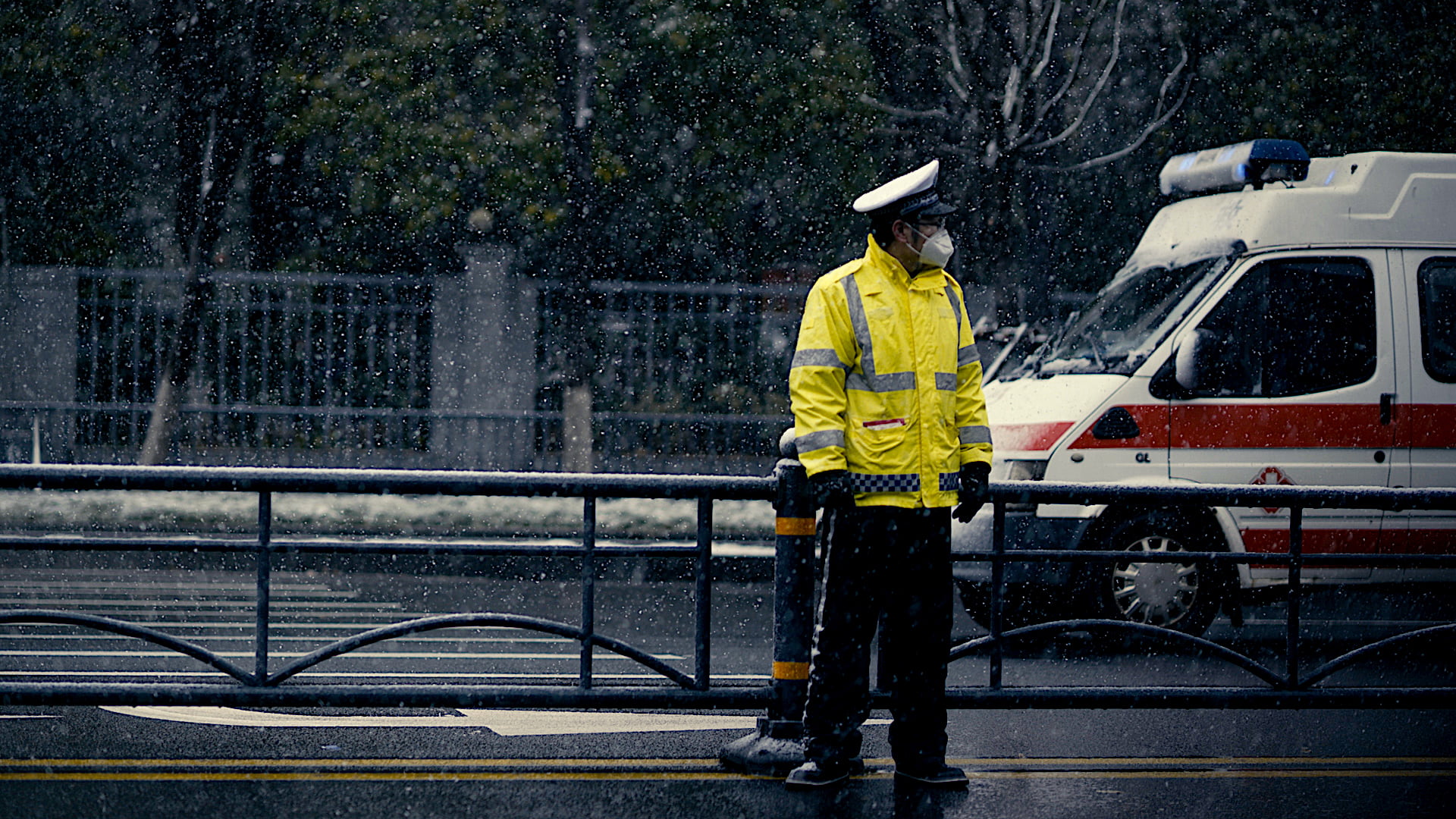
Dogwoof’s Veger believes 76 Days has potential to cut through. The 1×93’ project combines high-level filmmaking from director Hao Wu with access to the Chinese city of Wuhan, where the virus originated.
“There needs to be something special about the film to cut through to an international audience because there’s a lot of content out there and local productions are airing every day,” Veger says. “This one stood out as special, so we came on board. The access to Wuhan and the filmmaking combine to give an intimate look at the story. It felt like a complete story, whereas elsewhere it’s very much ongoing and that was important to us, to have a film with an ending.”
The streamers have had a transformative affect on all corners of the content business and docs are no exception. London-based feature film financer and distributor Embankment announced through C21 earlier this year that it was moving into feature docs with a slate of new projects, and head of sales Calum Gray told us the sheer weight and variety of buyers for docs now made it a no-brainer.
“I liken our job to a quarterback,” Gray says. “You have 30 or 40 plays available to you now given the breadth of the market. As you go into the market you have to feel the optimum pathway for the film, the one that’s both most commercially lucrative but also gives the best visibility. We’re in a golden period where the options have never been broader.”
But while Netflix will certainly make headlines by going to Sundance and paying US$10m for Knock Down The House, the vast majority of documentary makers are still scrabbling around for funding for their niche passion projects. So, what effect has the arrival of streamers had on doc distributors?
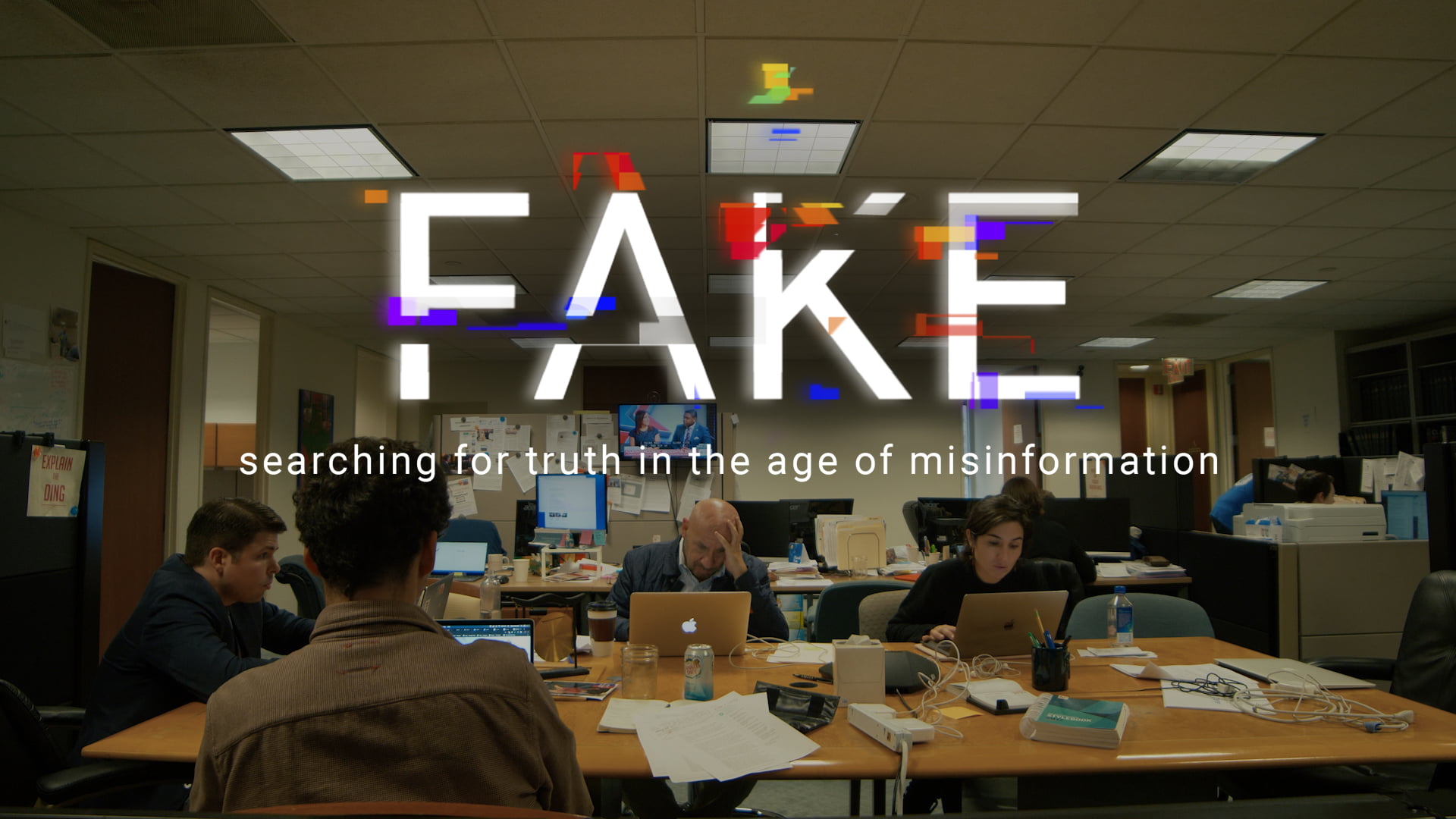
For David Cornwall, CEO of London-based indie sales house Scorpion Television, it’s actually the smaller players and AVoDs that are holding interest. “We’ve got five or six deals ongoing with online outlets at the moment,” he says. “Little Dot Studios has built a good business on YouTube and we’re working with the new Sooner platform in Germany. We’re seeing what they bring to the table. We’re starting to see reasonable returns and it’s all non-exclusive.
“The world has really opened up for a film now. Some of the library content is not going to sell back to television but there’s no shortage of demand for content. If we can find a particular audience for a particular film, wherever that audience may be, it means we can start earning revenue on those films. Television keeps the lights on but the potential of these smaller online players is exciting.
“Some broadcasters have cottoned on, of course, and are insisting on YouTube rights for themselves or saying the film cannot be on YouTube. People are starting to make a grab for online rights as well, if they can, and we need to navigate that.”
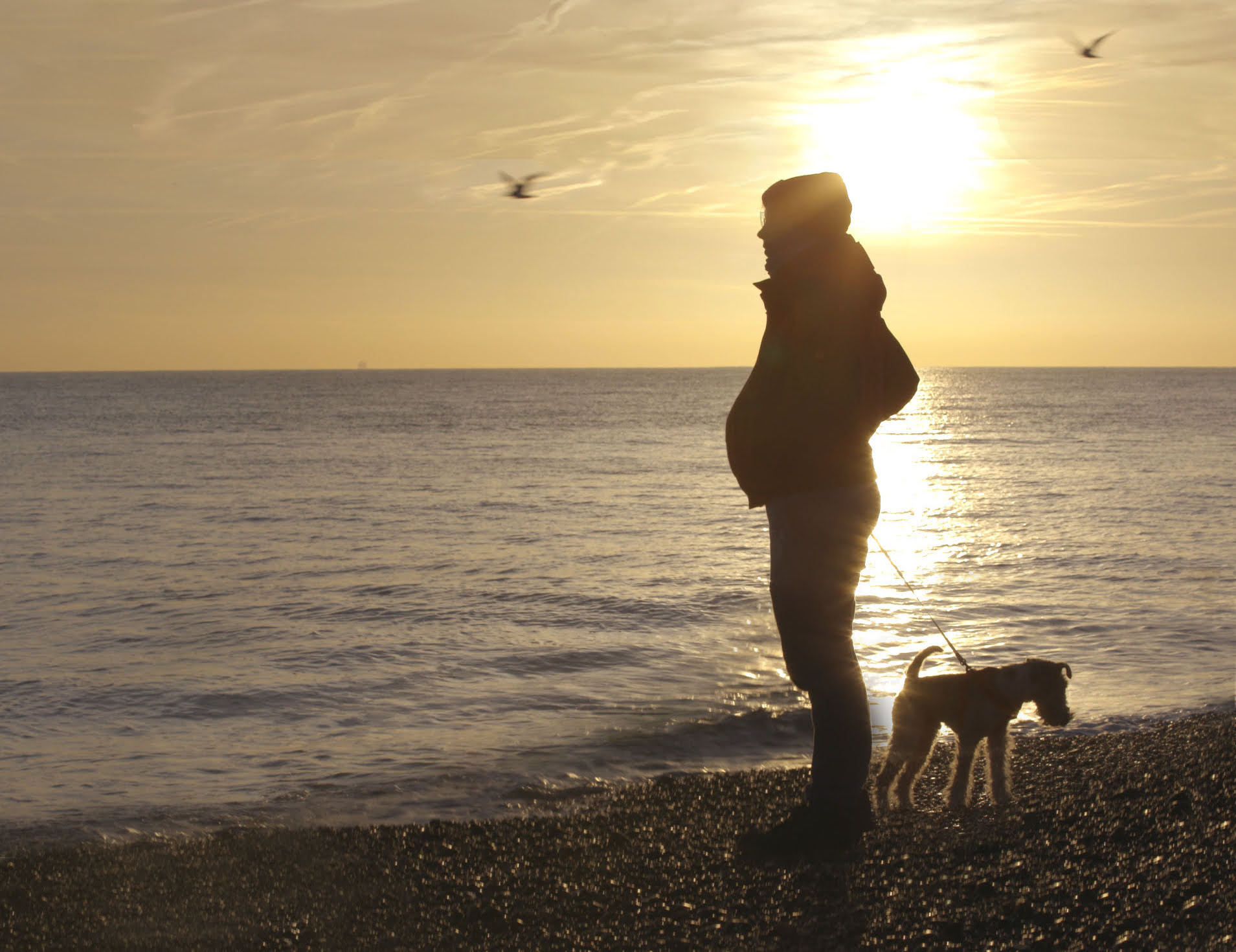
Scorpion has also skewed its 2020 slate towards current affairs that aren’t Covid-related, shopping Searching for Truth in the Age of Misinformation (1×56’) a fake news exposé from Connecticut Public Television; Seahorse: The Dad Who Gave Birth, a 1×89’ Storyville film on transgender parents from Academy Award-winning Grain Media; and Football Fans Under Their Skin (1×47’), on changing attitudes to race in sport, which originally aired on ITV.
Edwards at RTÉ says she has also been doing deals, not only with a big player like Amazon, but also with smaller fish like Tubi, Pluto TV and the fledgling home- and lifestyle-focused Shelter. Fischer at OTF adds: “AVoD is not to be underestimated. I remember when Netflix first launched and we did our first deals there. Now look at it.”
At Silverlining, Corney is in dialogue with the soon-to-launch Discovery D2C offering, which will further heighten competition. “On the Discovery linear channels you have science, engineering, relationships, homes and gardens, but I think their streamer is going to be more flexible about combining those genres,” she says. “Where your idea may have fallen short on linear, it might find a home on the streamer and they know they’ll have to be competitive with the prices offered.”
Concerns about a gap in the content pipeline in 2021 to mirror the production shutdown in 2020 were largely dismissed, although Veger at Dogwoof did say she believed that could come into play sooner, with projects due for delivery this autumn suffering a delay. And there was cautious optimism among C21’s contributors that, with feature film and drama facing a far steeper climb back to normality than factual and unscripted, the so-called ‘golden age of documentary’ could go on for a while longer yet.